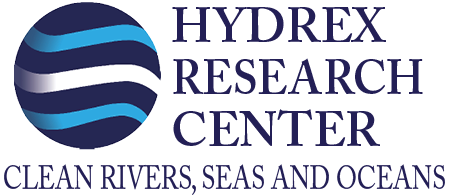A study of the laws and regulations on the dredging market in the Netherlands was performed during this research. The goal was to gain a better understanding of how the government, companies and local municipalities regulate the dredging of contaminated sediments, especially with regard to the methods used, the turbidity created by each method, and how to mitigate this.
This research consisted of a literature study and multiple interviews with employees of the Dutch government, dredging companies and local water authorities. A greater understanding of the current situation was achieved by first studying the laws and goals regarding dredging in the Netherlands. The interviews then took place based on this newly acquired knowledge. The outcome revealed that whereas maintenance dredging is necessary, the methods currently in use all involve some degree of negative consequences to the environment. Using current methods, completely environmentally safe dredging comes at a prohibitive price. “Environmental dredging” is a term used to describe dredging methods where the negative effects are reduced so that maintenance dredging can take place. It is a compromise.
The research established that there is a need for a better system. However, in order to implement such a system there needs to be a shift in mindset within the industry. The goal is to work together with the executive parties of the dredging industry towards a more environmentally responsible approach to dredging operations.





